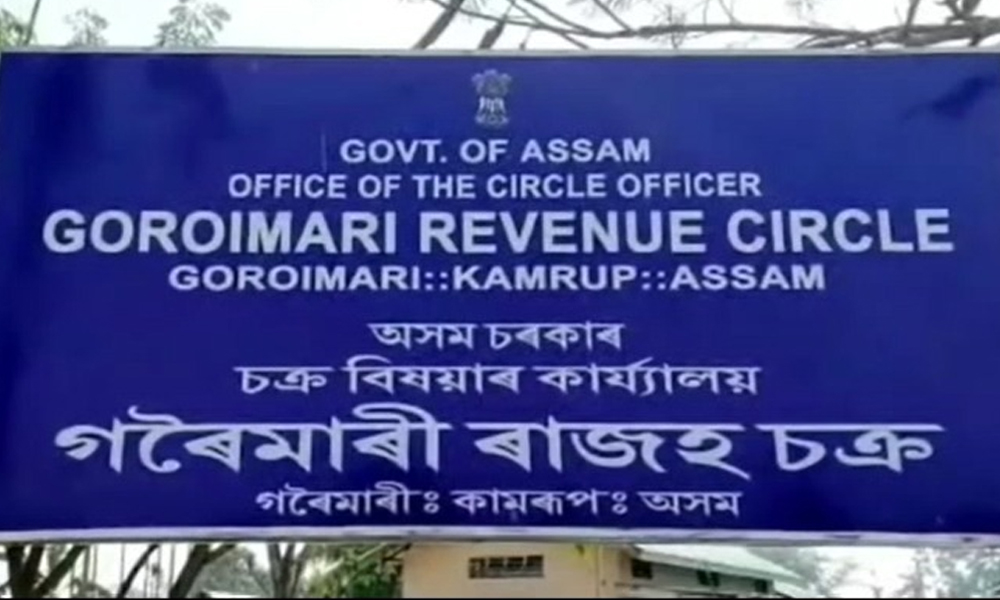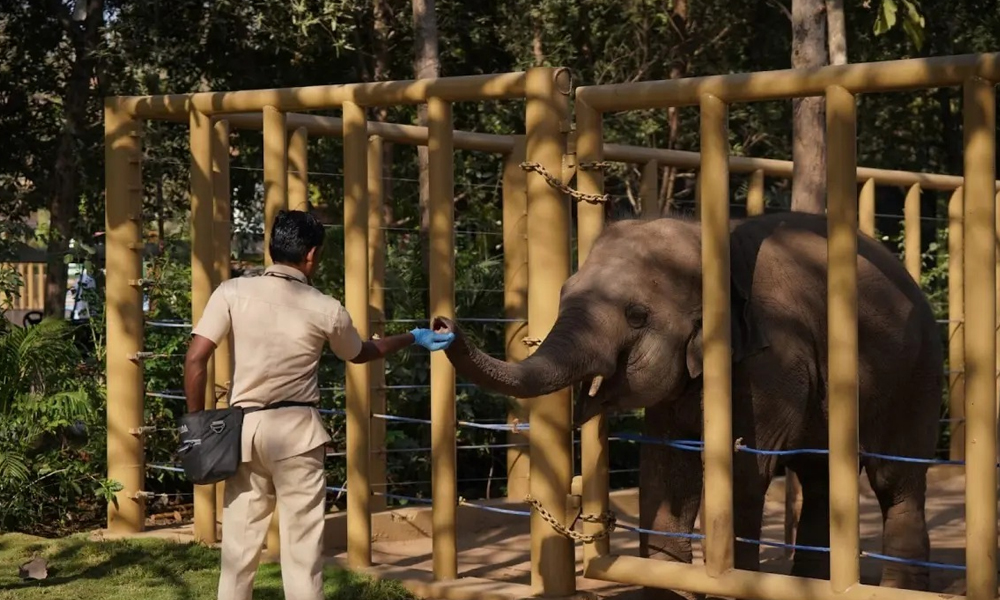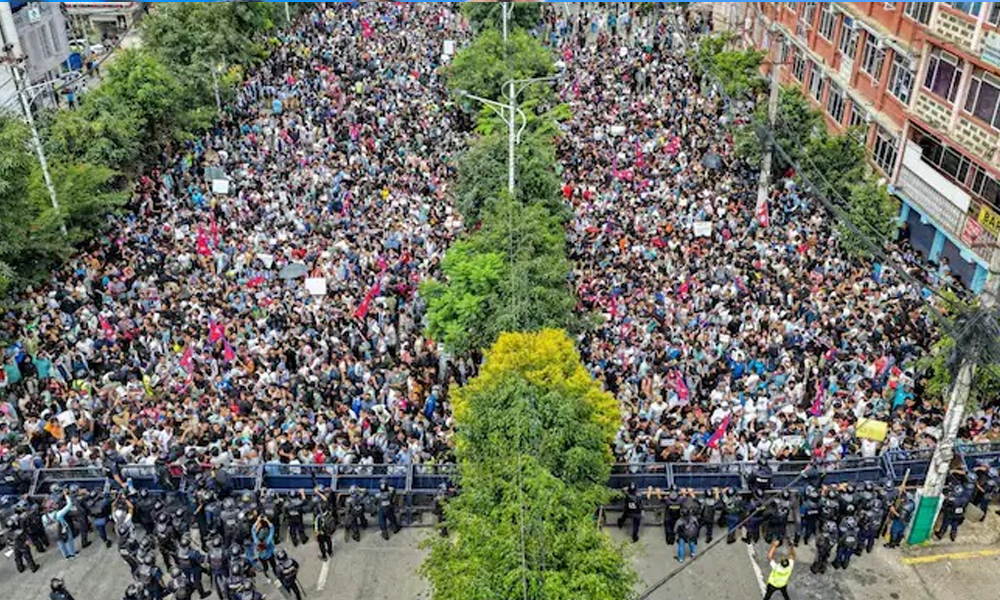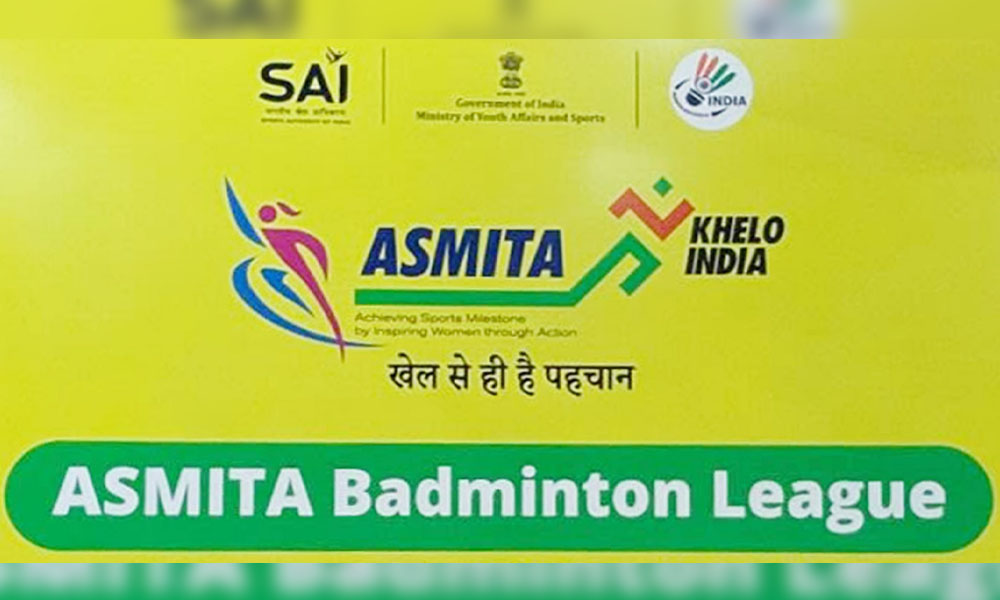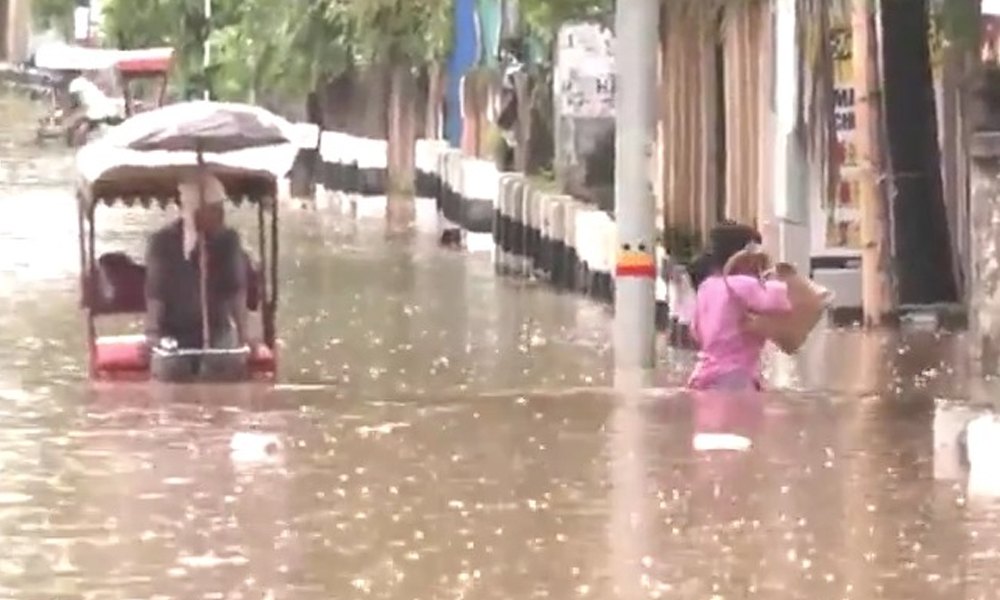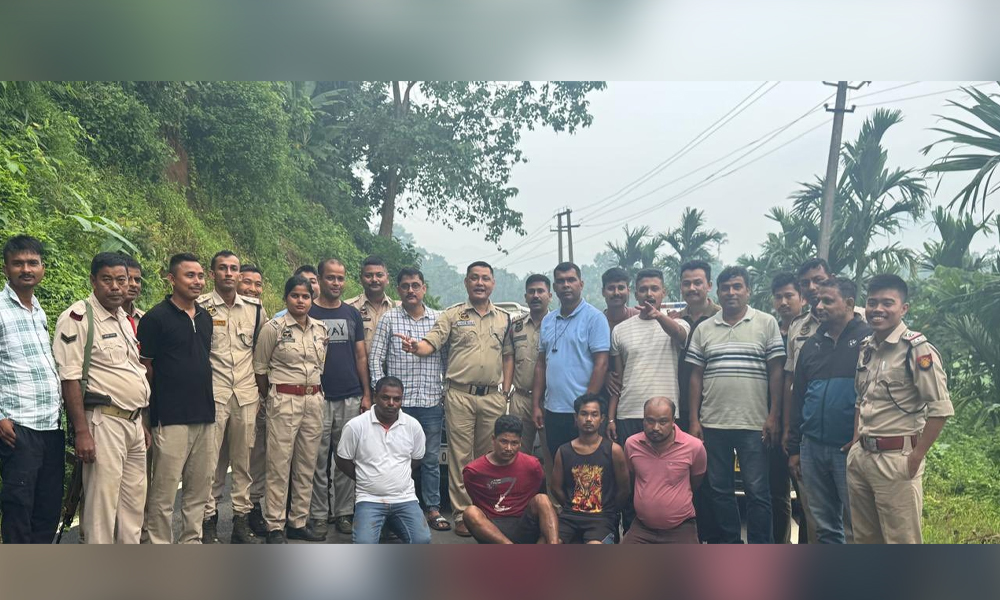New Delhi: To tackle the pollution crises in the national capital, the Commission for Air Quality Management (CAQM) has directed Delhi schools to remain closed for a week from Monday onwards, allowing only online mode.
The Commission has decided following a meeting with senior officials of Delhi and NCR states of Haryana, Uttar Pradesh and Rajasthan on late Tuesday.
The CAQM direction reads, “All public and private schools, colleges and educational institutions in NCR shall remain closed until further orders allowing only online mode of education.”
Also Read: Guwahati: Racing Turns into Accident, 3 injured
Moreover, the Commission directed the private and public sectors organizations to ensure that 50 percent of their staff work from home until November 21.
The Commission also directed Delhi and the NCR states to stop all the construction activities till November 21, except those engaged in Railways, metro rail corporation services, airports and the inter-state bus terminals and the national security-related services/ projects of national importance.
There would be a restriction on transport service; however, Trucks carrying non-essential items have been banned from entering the national capital till Sunday.
The Commission has ordered to ensure that no diesel and petrol vehicles older than 10 years and 15 years are found plying on the road.
Additionally, it also ordered that only five of the 11 thermal power plants located within a 300 km radius of Delhi- NTPC, Jhajjar, Mahatma Gandhi TPS, CLP Jhajjar, Panipat TPS, HPGCL, Nabha Power Ltd. TPS, Rajpura and Talwani Sabo Taps, Mansa will remain operational till November 30.
Delhi’s air quality is in a severe category, with the 24-hour average AQI recorded at 403 after remaining in the ‘very poor category till Tuesday morning when the AQI recorded at 396.
Will Guwahati Turn Into a Next ‘New Delhi’?
In terms of Air Quality Index (AQI), Guwahati city reported air quality as ‘Unhealthy for Sensitive Groups’ with the AQI being recorded at 129, the report said.
Considering the guidelines provided by the Assam government ahead of the Diwali celebration, only green crackers were supposed to be to be used for sale. However, lately, it was reported that the city’s air quality slipped from moderate to poor during Diwali days.
It is reported that the citizens went on busting firecrackers from early Thursday evening till late night, which had excluded the time limit of 8 pm to 10 pm notified by the state pollution control board (PCB).
As a consequence, the city on Friday morning woke up to a thick layer of smoke as the district administration and the police failed to enforce the PCB ban on the sale and bursting of firecrackers, except the green ones.
If the air quality remains in ‘Unhealthy for Sensitive Groups.’ In that case, it might impact the health of all age groups, including an increase in blood pressure, under-development of lungs in infants, chronic lungs condition in adults, and cancers, low immunity and depression.
According to the Global Burden of Disease report, air pollution was the top risk factor for death in India in 2019, killing an estimated 1.67 million people.
The Central Pollution Control Board (CPCB) listed 132 cities to have the best air quality on Sunday, with Aizawl in the top position. However, in the list, Guwahati falls under the ‘moderate’ (101-200 AQI) in the air quality category.





